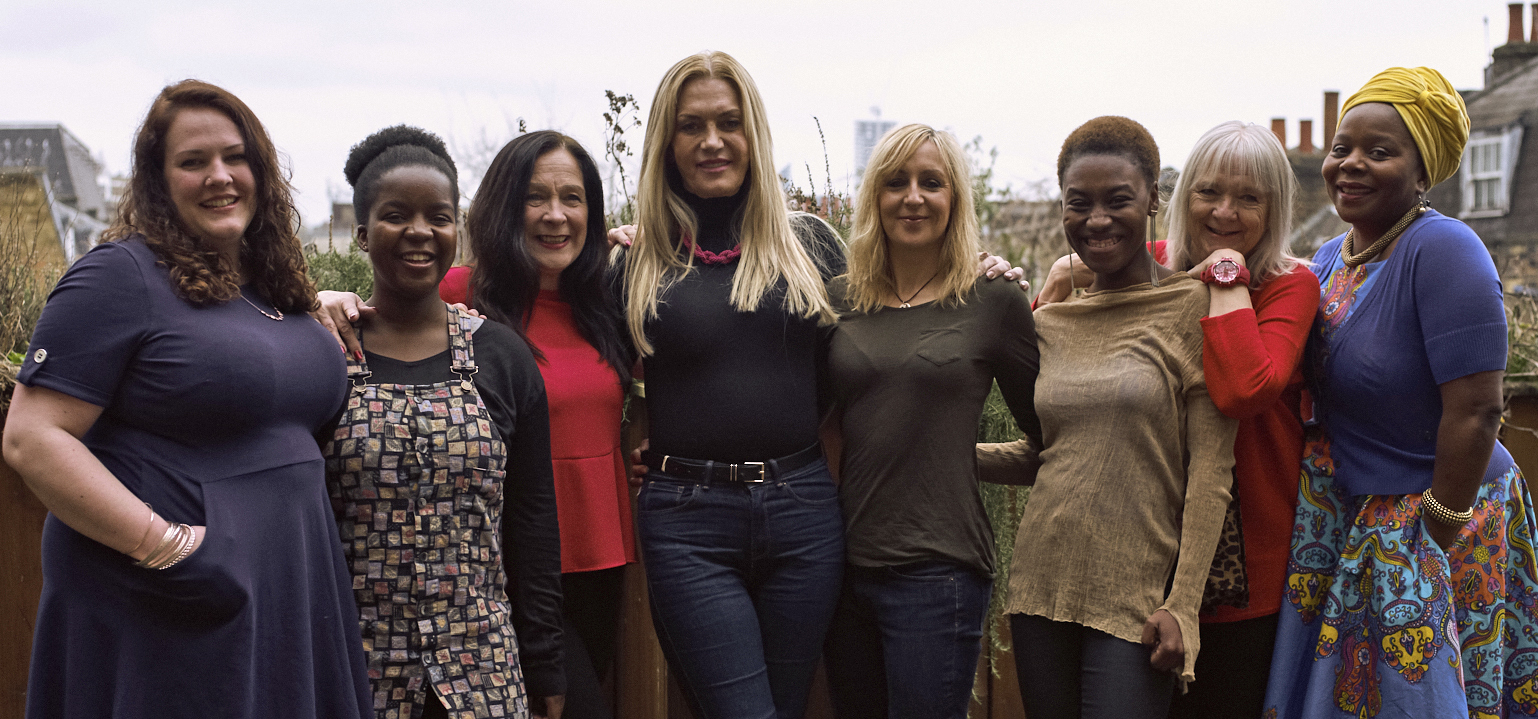
The theme of International Women’s Day this year is 'break the bias': we're asked to imagine a gender-equal world that is diverse, equitable and inclusive.
But what does this mean in the context of HIV and sexual health in the UK?
It’s been four years since we released our report with Sophia Forum focused on the experiences of women affected by HIV. We titled the report Women and HIV: Invisible No Longer. But are women now visible? Have the lives of women living with HIV changed? Are HIV prevention efforts now centring women and meeting our needs?
The honest answer? No. Things haven’t drastically changed. In too many instances women are still not considered or our needs are an afterthought.
A quarter of people newly diagnosed with HIV and a third of people living with HIV in England in 2020 were women. Women are more likely to leave a sexual health clinic without being offered an HIV test, with Black women in particular most impacted by this. In 2019, over one-third of Black women of African heritage missed out on an HIV test in a sexual health clinic in England.
Progress is being made in reducing rates of HIV among men – especially among gay and bisexual men - but that same pace of change is not happening for women. In particular, women aged 50 years and older had seen a 16% increase in diagnoses in the three years prior to the COVID-19 pandemic.
Women are still not always seeing themselves represented in wider messaging about HIV and HIV prevention. Take PrEP as a key example of this. Despite it being essential in helping to reduce HIV transmissions, women at higher risk of HIV are still totally unaware of PrEP – let alone able to access it.
The situation for the 28,900 women living with HIV in England is still far from ideal. Many women still don’t have the tailored support they need – from menopause to reproductive health. And women are still being underrepresented in HIV research and trials that form the evidential basis for so many of our HIV interventions.
The same can be said for broader sexual and reproductive health. Just two weeks ago, the UK Government in England announced it would end telemedical abortion care in six months’ time – an intervention that is supported by women and doctors alike and has revolutionised the ability of women and other people who need abortion services to access quick, safe and convenient care.
We have a new policy in England that puts the burden of chlamydia on women, with men no longer encouraged to access testing. We know that some women face increased vulnerabilities in their sexual health. Young women consistently have the highest diagnoses rates of chlamydia and Black women of Caribbean heritage also experience the highest diagnoses rates of gonorrhoea and trichomoniasis.
Members of the migrant community, particularly those without secure immigration status may be put off from accessing sexual and reproductive health services because of the constant fear of the NHS sharing migrant data with the Home Office. This impacts some of the most vulnerable women in society such as pregnant women, victims of trafficking and domestic violence and women living with HIV.
And this isn’t just about cis women. Trans women are even more impacted with the intersection of transphobia and sexism increasing the inequality this community faces and further underlining the immense gap in the HIV and sexual health needs of this community that are not being met.
And so what is the answer?
At the national level the needs of women need to be front and centre in strategy and policy. An opportunity was missed in this regard in the England national HIV Action Plan. The same mistake must not be made with the national HIV plans currently being drafted in Wales and Scotland. In England, the much delayed sexual and reproductive health strategy and the women’s health strategy must set out a human based approach to tackle the inequalities that women – all women – experience.
In England, the vast changes being made to the health system must work for women. New 'integrated care systems' have the potential to deliver more integrated models of sexual and reproductive health plus better choices for women. They also offer an opportunity to truly co-produce sexual and reproductive health services and instil more collaborative working between statutory organisation and voluntary sector organisations for the benefit of women’s health.
We wanted to end on a positive note. To acknowledge the amazing women doing amazing things to push for positive change – from the activism of Sophia Forum led by Sophie Strachan, to the pioneering sexual health and HIV researchers – Sheema Tariq and Bakita Kasadha, to the passionate frontline workers including Michelle Ross, Laura Waters, Shamiso Zhanje and Insha Shapribhan. Thank you to all women and our allies who are fighting for change.
This International Women’s Day we are strengthened in our resolve to ensure that women are invisible no longer.
Glenda Bonde is Terrence Higgins Trust's Director of Equity, Diversity and Inclusion. Debbie Laycock is Head of Policy and Public Affairs.



